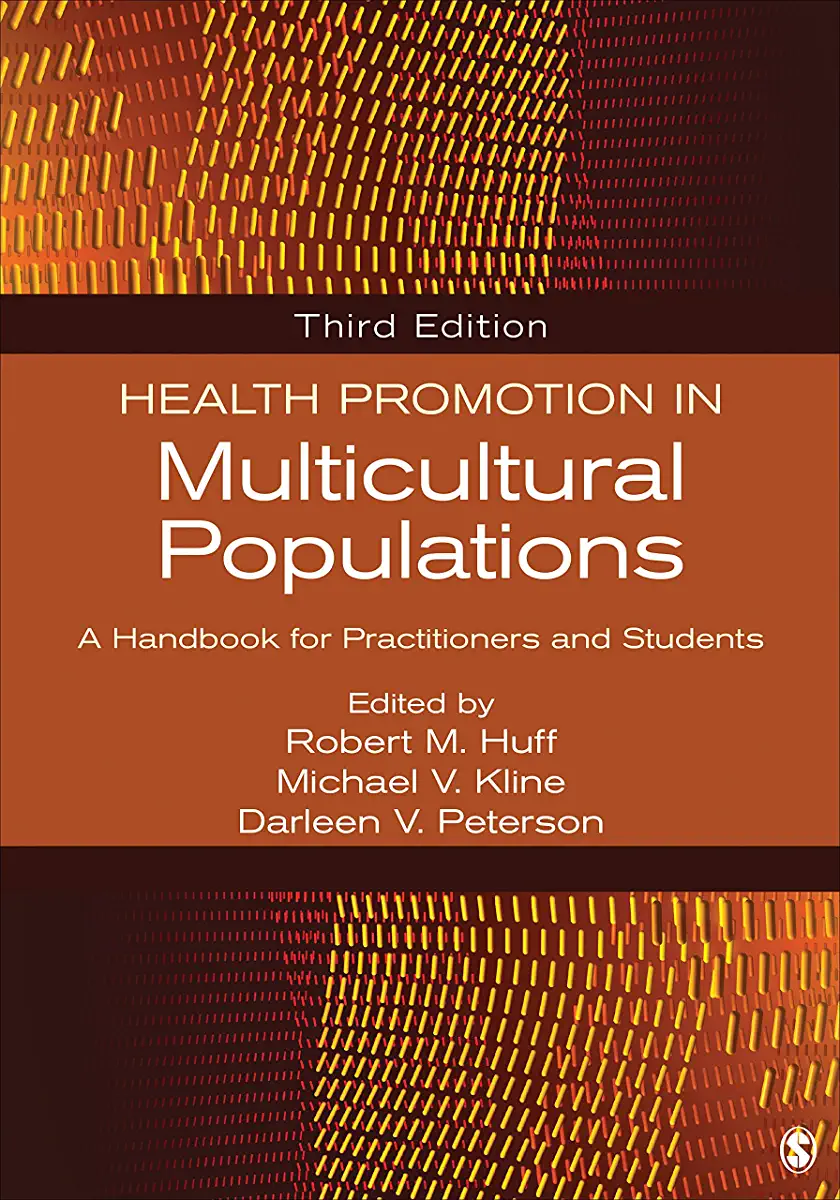
Veterinary Epidemiology - M. V. Thrusfield
Veterinary Epidemiology: A Comprehensive Guide to the Study of Animal Disease
Introduction
Veterinary epidemiology is the study of the distribution and causes of disease in animal populations. It is a vital field of study for understanding and controlling animal diseases, which can have a significant impact on animal health, welfare, and productivity.
Key Concepts
Veterinary epidemiology uses a variety of methods to study animal diseases, including:
- Descriptive epidemiology: This involves describing the distribution of a disease in a population, including the number of cases, the affected animals, and the geographic distribution of the disease.
- Analytical epidemiology: This involves investigating the causes of a disease by identifying risk factors and determining how they contribute to the development of the disease.
- Experimental epidemiology: This involves conducting experiments to test hypotheses about the causes of a disease.
Applications of Veterinary Epidemiology
Veterinary epidemiology has a wide range of applications, including:
- Disease surveillance: Veterinary epidemiologists monitor animal populations for the occurrence of new or emerging diseases. This information is used to develop early warning systems and to prevent or control outbreaks of disease.
- Risk assessment: Veterinary epidemiologists assess the risk of animals developing a disease based on a variety of factors, such as the animal's age, sex, breed, and environment. This information is used to develop management strategies to reduce the risk of disease.
- Disease control: Veterinary epidemiologists develop and evaluate disease control strategies, such as vaccination, quarantine, and culling. These strategies are used to reduce the spread of disease and to protect animal health.
Conclusion
Veterinary epidemiology is a vital field of study for understanding and controlling animal diseases. It is a complex and challenging field, but it is also a rewarding one. Veterinary epidemiologists have the opportunity to make a real difference in the health and welfare of animals.
Why You Should Read This Book
If you are interested in learning more about veterinary epidemiology, then this book is for you. It is a comprehensive guide to the study of animal disease, covering everything from basic concepts to advanced methods. The book is written in a clear and concise style, making it easy to understand even for those who are new to the field.
This book is essential reading for anyone who wants to work in veterinary epidemiology or who is simply interested in learning more about animal disease. It is a valuable resource that will provide you with the knowledge and skills you need to make a difference in the health and welfare of animals.
Enjoyed the summary? Discover all the details and take your reading to the next level — [click here to view the book on Amazon!]